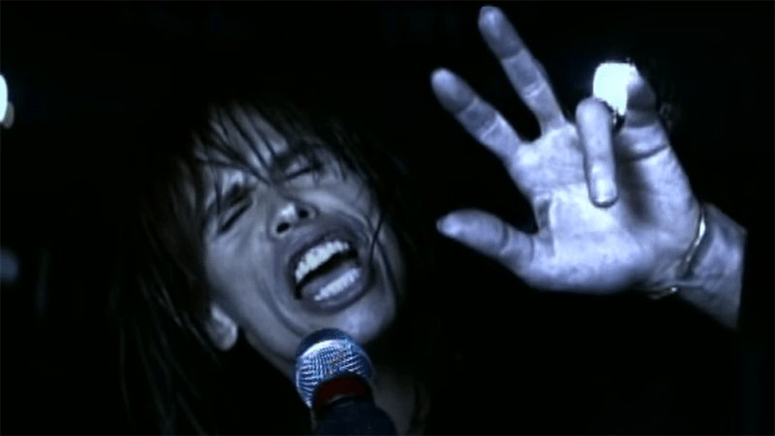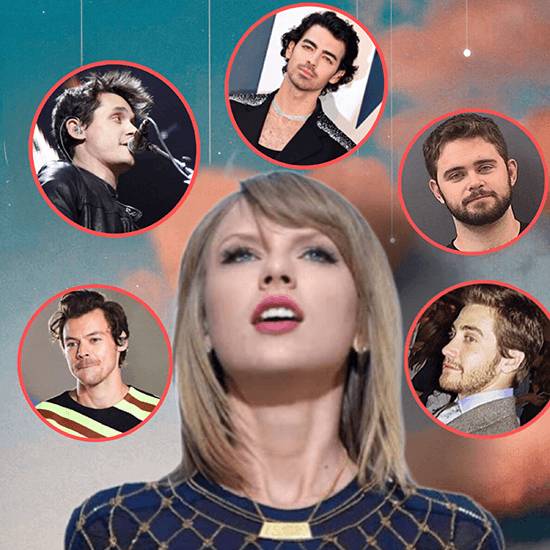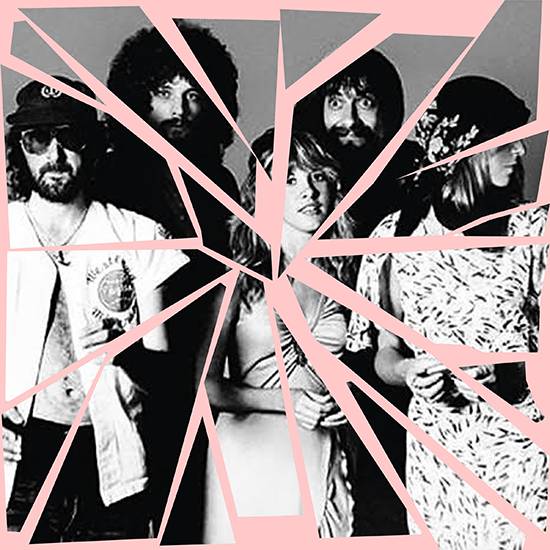What inspired some of the greatest love songs?
Songs are funny things. You think you know what the lyrics are saying, and then you realize (thanks to videoke) that you got the words all wrong.
For instance, it’s “Hold me closer, Tiny Dancer,” not “Hold me closer, Tony Danza,” as some Elton listeners reportedly believe. And Eurythmics did not sing “Sweet dreams are made of cheese.”
When it comes to love songs, there are hits where Cupid’s arrow falls really close to the mark, and others where any old thing can be an inspiration.
The Cyndi Lauper hit Time After Time is a classic ‘80s love song, written by Lauper and her manager/boyfriend at the time, David Wolff. But its opening lyric, “Lying in bed I hear/ the clock tick/ and think of you,” isn’t just a love message meant to match the beating of a heart; it describes an actual alarm clock Wolff gave the singer that was “insanely loud.” Somehow, the real-life detail made it into the song, and gives it a timeless quality.
You never know where the Muse will come in. The song I Don’t Want to Miss a Thing by Aerosmith, as belted out by Steven Tyler, seems like the ultimate power ballad of the ‘90s, but it’s not even connected with the singer or the band: their favorite songwriter at the time, Diane Warren, came up with the cheesy favorite after watching a late-night TV interview with Barbara Streisand and James Brolin, who declared his love for Babs was so strong, he would lie next to her and watch her fall asleep… because he missed her so much when she was unconscious! Aaaaaw! Baduy!

And the Bonnie Tyler mega-hit Total Eclipse of the Heart may get heartbeats going in karaoke duets, but it was written by Jim Steinman (known for penning Meat Loaf hits) about… a vampire. Seems Steinman was planning a Broadway musical based on Nosferatu, which never materialized. “Forever’s gonna start tonight,” indeed.
Oftentimes, in the annals of pop history, a songwriter will play a game of disguise. We still don’t know which former lover Carly Simon was referring to in the 1973 hit You’re So Vain, though she confirmed at least one verse was about ex-lover Warren Beatty (true to form, he had already guessed it was about him).
And a whole chapter could be written about the who’s who of ex-boyfriends trotted out in Taylor Swift’s songbook. She loved playing this game, once upon a time, so here’s a partial sampling of which former beau is which:

• Dear John (John Mayer) (“Don't you think nineteen's too young to be played by your dark, twisted games?”)
• Better Than Revenge (Joe Jonas) (“Now go stand in the corner and think about what you did”)
• Tears on My Guitar (Drew Hardwick) (“Drew looks at me/I fake a smile so he won’t see”)
• I Knew You Were Trouble (Harry Styles) (“I knew you were trouble when you walked in/ So shame on me now/ Flew me to places I’d never been/ Now I’m lying on the cold hard ground”)
• We Are Never Ever Getting Back Together (Jake Gyllenhaal) (“I’m really gonna miss you picking fights/ And me falling for it screaming that I’m right/ And you would hide away and find your peace of mind/ With some indie record that’s much cooler than mine.”)
And so on. Similarly, a glance at the lyrics on the 1977 Fleetwood Mac album “Rumors” reads like an autopsy of torn-apart relationships, starting with Lindsey Buckingham’s lament about Stevie Nicks in opener Second Hand News (“I know there's nothing to say/ Someone has taken my place”) to the cheatin’ upon cheatin’ lyrics served up by Christine McVie to hubby John McVie in Go Your Own Way (“Tell me why/ Everything turned around/ Packing up, shacking up is all you wanna do…”)
Suffice to say, the album lived up to its title.

Who knows what spurs a classic song? While it’s true that Joy Division’s Love Will Tear Us Apart, released shortly before singer Ian Curtis’ suicide in 1980, was mostly based on his strained marriage to Deborah Woodruff and his battle with epilepsy, it’s quite likely the title of this Goth classic was a riposte to the bouncy 1975 pop hit Love Will Keep Us Together by Captain & Tennille. That Ian did have a dark sense of humor…
Another dark lyrical chapter was carved out by ill-fated singer Amy Winehouse, whose Back to Black was a doomed love letter to former boyfriend Black Fielder-Civil after their breakup. With its heavy production and fatalistic lyrics, it shows her heading right back down the highway of Bad Relationships, aided by booze and drugs.
What’s in a name? Sometimes the source of a song is lit up like a neon marquee. Take the 1970 song Suite: Judy Blue Eyes, Stephen Stills’ overt nod to former girlfriend Judy Collins. The ‘80s were big on overt tributes, too.
Rosanna Arquette (remember her from Desperately Seeking Susan and After Hours?) reportedly spawned two hit songs, Toto’s Rosanna (she was dating drummer Jeff Porcaro at the time), and Peter Gabriel’s In Your Eyes (the song John Cusack plays on a boombox to lure Ione Skye to her window in Say Anything), also allegedly about the actress.

Speaking of bemusing muses, Patti Boyd, the ‘60s British model who became Mrs. George Harrison during the Beatles’ heyday, was said to have inspired his most direct and loving tribute, Something; but it doesn't end there, as George’s pal Eric Clapton was so smitten with Patti, he came up with the wailing Layla, a thinly disguised cry of desperate love aimed at wooing the Beatle wife away. Which it did.
But it doesn’t end there either, because another famous love song was penned by Clapton to Patti, Wonderful Tonight, sometime in the late ‘70s. His recollection is a bit less loving than the words attest; in his memoir, he says the lyric and song was actually spawned while he was pissed off, after waiting a very long time for her to get ready for an evening out. Good thing he had an acoustic guitar handy at the time…


